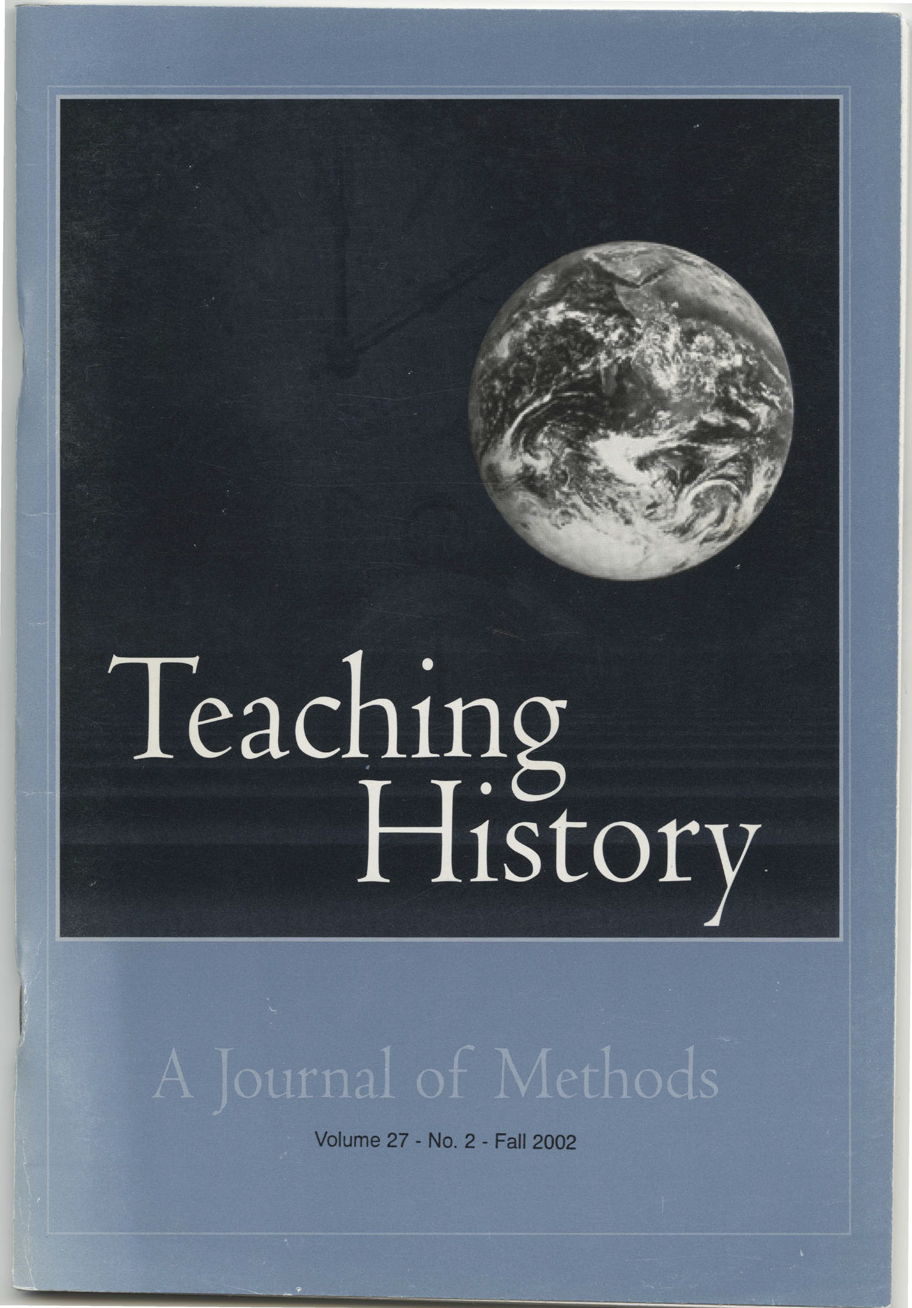Local Studies And Larger Issues
The Case Of Sara Bagby
DOI:
https://doi.org/10.33043/TH.27.2.86-97Abstract
Historians, especially American historians, increasingly bemoan the discipline's overspecialization and lack of relevance to the wider discipline, which they contend has caused a decline in synthetic history and a rise of specialized history.1 A 1993 survey of American historians revealed that 86 percent of the respondents agreed that "[h]istory should help us identify diverse cultural experience," but 83 percent concurred that "[h]istory should help us identify common patterns of experience." Clearly many historians believed that "specialized history" was important, but that it still must be placed within a framework. In this same survey historians complained about the loss of narrative history, that is the failure of historians to tell a good story.2 Historians are rewarded with tenure and prestigious professorships on the basis of specialized research and writing. Some of these works connect local issues to larger issues and events, but broad syntheses analyzing major themes over extended time periods are often derided as trite or oversimplified. Only established historians, those who already hold distinguished professorships or are professors emeriti, can write synthetic works and have them widely read and criticized.3
Downloads
Downloads
Published
How to Cite
Issue
Section
License
Copyright (c) 2002 Judith Luckett

This work is licensed under a Creative Commons Attribution-NonCommercial-NoDerivatives 4.0 International License.
By submitting to Teaching History, the author(s) agree to the terms of the Author Agreement. All authors retain copyrights associated with their article or review contributions. Beginning in 2019, all authors agree to make such contributions available under a Creative Commons Attribution-NonCommercial-NoDerivatives 4.0 International license upon publication.



